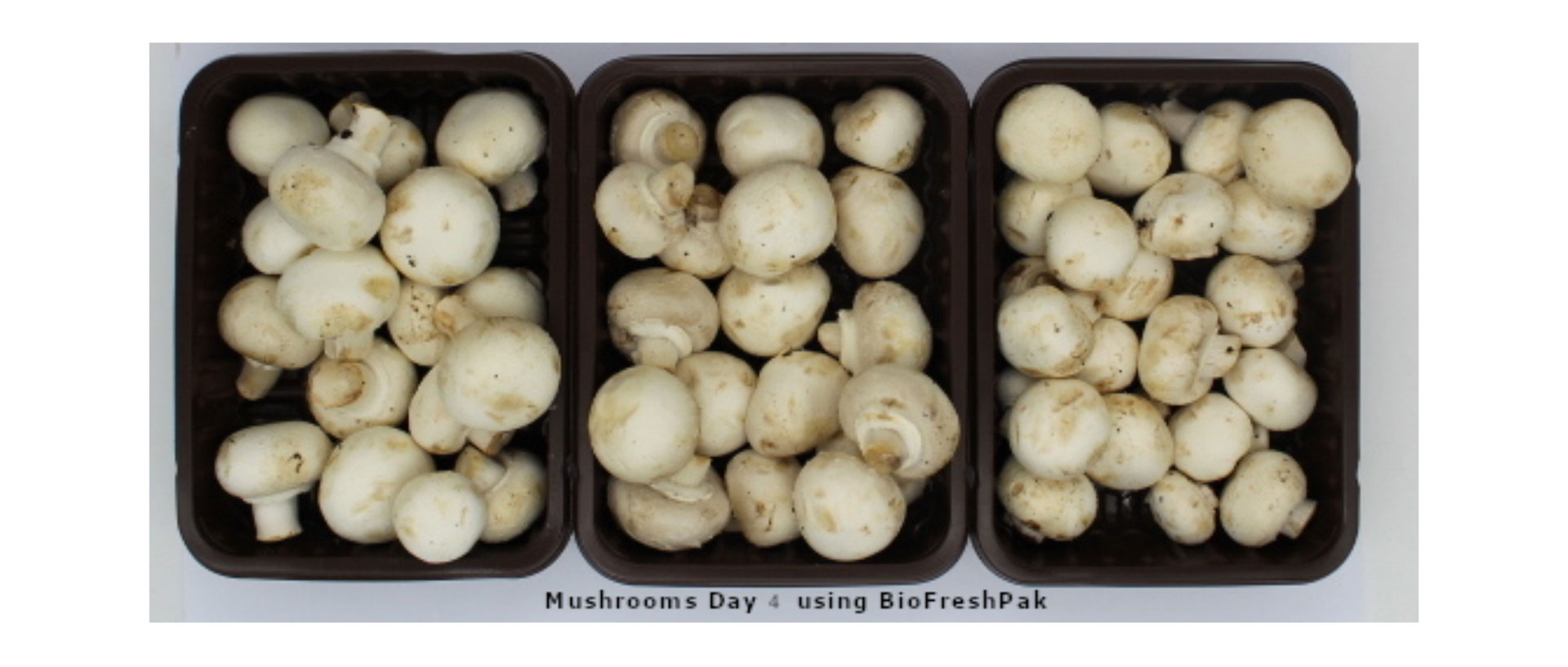In India some 40% of foodstuffs are wasted before reaching the market; all packaging is done at the processing stage and most of it traps moisture, which causes the food to rapidly deteriorate. Food spoilage represents an environmental problem as well as an ethical issue, which is why being able to increase the shelf-life of food is a key step, according to a joint Indian/UK consortium which has developed a new film, BioFreshPak.
Food spoilage that occurs due to poor packaging is an important challenge for organizations to solve. That spurred Innovate UK, with the help of the Newton Fund, to back the consortium. The project started in September 2017 in India has led to the successful completion of trials for a breathable film made of compostable polymers and waste starch.
The focus was to slowing ripening and enhancing the storage stability of food during transport, even at higher ambient temperatures. Current solutions such as polylactic acid (PLA) film have proven successful, but only to a point. PLA is slow to decompose outside of a controlled environment, so most of it ends up in landfill, where it can take between 100 to 1,000 years to decompose.
BioFreshPak is claimed to slow ripening and enhance storage stability of food during transport, even at high temperatures. Its unique blend includes thermoplastic starch (TPS) and other polymers that are room-temperature compostable. The film offers selective humidity and permeability control to maintain nutrients. Furthermore, it has the capacity to increase storage-life performance of specific foods by two to five days, without refrigeration.
Unlike PLA, which relies predominantly on genetically modified corn, BioFreshPak is produced with under-utilized agricultural by-products such as second-grade tapioca starch from cassava processing waste. It is compostable in ambient conditions, breaking down in less than 180 days.
Reducing food spoilage and therefore waste goes a long way towards addressing interconnected sustainability challenges, such as climate change, food security, and natural resource shortages. It’s game-changing packaging solutions such as BioFreshPak that take us closer to our goal of drastically reducing food waste, says the consortium team.
Consortium members include Nextek, Brunel University, Greenwich University, Solutions 4 Plastic Earth Champions Foundation, Manbras Plastronics, MIT WPU and Punjab Agricultural University.
Source : AIPIA News
Packaging 360 is a comprehensive knowledge sharing ecosystem for the Indian packaging industry. Our services include an online content platform to deliver news, insights and case studies; organising conferences seminars and customised training; Providing Bespoke Project Consulting, Market Research and Intelligence.







